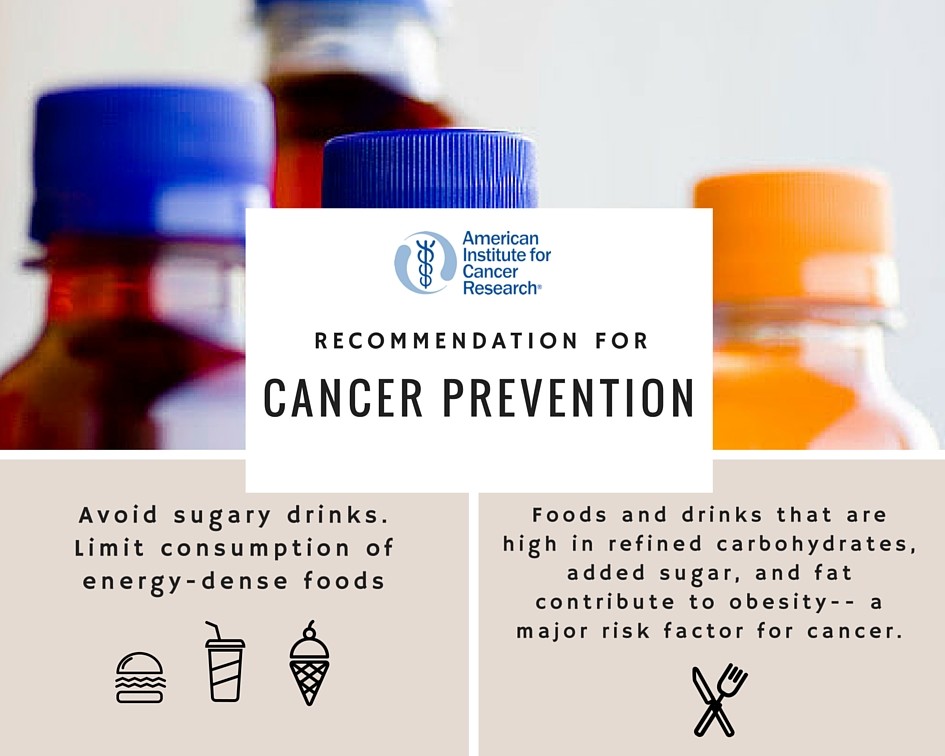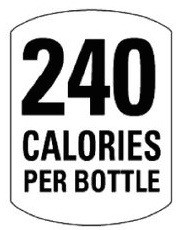Say you’re a parent of a young child and you’re picking out a beverage for your kid. You’re scanning the options and see this label – would it make you pick another drink?

What about this one?
 A new study finds that for many parents of 6 to 11 year olds, these or other similar warning labels are enough to avoid buying that sugary beverage for their child. At least that’s what parents said in an online survey. The study was published yesterday in the journal Pediatrics. (It coincidentally was released the same day that a ruling to require warning labels on sugary beverages failed to go forward in California.)
A new study finds that for many parents of 6 to 11 year olds, these or other similar warning labels are enough to avoid buying that sugary beverage for their child. At least that’s what parents said in an online survey. The study was published yesterday in the journal Pediatrics. (It coincidentally was released the same day that a ruling to require warning labels on sugary beverages failed to go forward in California.)
Avoiding sugary beverages is one of AICR’s recommendations for cancer prevention as it can lead to weight gain, for kids and adults. And excess body fat is a cause of many common adult cancers, including colorectal and post-menopausal breast.
 The study in Pediatrics included almost 2,400 parents who took an online survey about which beverages they would buy for their child from an imaginary vending machine. The parents were first randomly assigned to one of six groups. One group s
The study in Pediatrics included almost 2,400 parents who took an online survey about which beverages they would buy for their child from an imaginary vending machine. The parents were first randomly assigned to one of six groups. One group s aw images of sodas, fruit juice and other beverages without any labels. A second group group saw all the beverages labeled with only the calories (right).
aw images of sodas, fruit juice and other beverages without any labels. A second group group saw all the beverages labeled with only the calories (right).
The other three groups saw various warnings on the sugary beverages, such as those shown above. One warning label included type 2 diabetes and another the term weight gain, for example.
The researchers found there wasn’t much difference about which drink parents would choose among the different warning labels. But seeing any warning label made a difference. Only 40 percent of the parents chose a sugary beverage when they saw a warning label compared to 60 percent who saw no labels. Seeing only the calories on the bottle made slightly more than half of parents shy away from selecting the sugary beverage, but not enough to be significant.
Seeing warning labels also led more parents to answer in the survey that the sugary beverages were less healthy than the non-label and calorie-only labeled drinks. These parents answered that the sugary beverages were more likely to increase their child’s risk of weight gain, diabetes and heart disease compared to the other groups.
Of course, this study was an online one, so it may not apply to real-world shopping decisions. The participants may also have given an answer they knew the researchers wanted to hear. But as this issue continues to affect both policy and research related to disease, this study offers one preliminary piece of evidence that seeing that label may lead to shifts in purchasing sugary sodas.
The study was funded by the Robert Wood Johnson Foundation.






what about rice is it good for you i like to eat rice a lot
i love rice and beans is it good for me